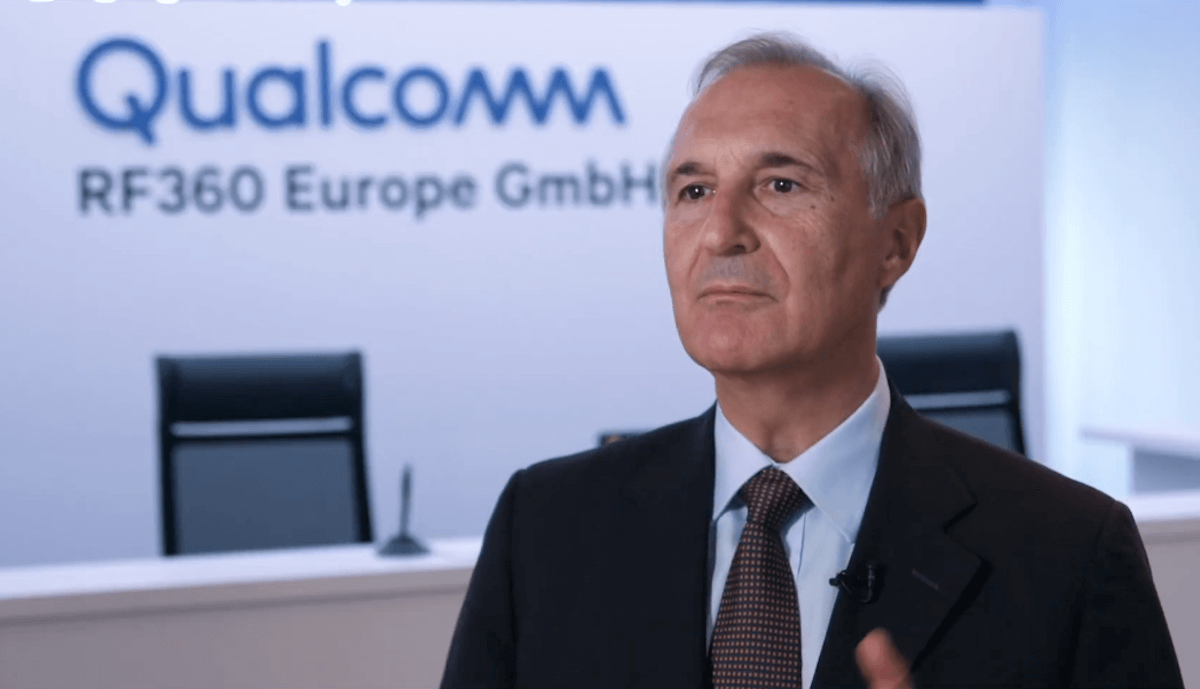Qualcomm Announces Africa Innovation Platform
Qualcomm Incorporated has announced the launch of the Africa Innovation Platform, a suite of mentorship, education, and training programs created to support the development of Africa’s emerging technology ecosystem. The platform will provide resources and support for local universities, small-to-medium sized startups, and grant participants, exposing them to Qualcomm Technologies Inc.’s engineers and its state-of-the-art capabilities suite for mobile platforms and technologies, including 4G, 5G, IoT, AI, and machine learning.
“The Africa Innovation Platform will stimulate innovation around product development, inspire learning, fuel research, and increase awareness around the value of intellectual property throughout the continent,” said Enrico Salvatori, Senior Vice President & President, Europe/Middle East and Africa, Qualcomm Europe, Inc. “At its core, Qualcomm is an R&D engine, and we are proud this program will simultaneously inspire the next generation of inventors, while also fueling the broader technology ecosystem.”

Qualcomm representatives will engage and collaborate with governments, trade associations, and other key stakeholders throughout the continent, including the African Telecommunications Union (ATU), to launch the Africa Innovation Platform. “The African Telecommunications Union is a firm advocate of innovation, and recently initiated a youth innovation programme for Africa with a projected financial value of about USD $400,000,” said the ATU. “ATU welcomes Qualcomm’s Africa Innovation Initiative and, working together, looks forward to the realization of the Sustainable Development Goals (SDGs), catalyzing new business opportunities, and contributing to solving challenges in various sectors such as education, health, agriculture, movement, trade, and government services.”
Qualcomm’s Africa Innovation Platform is comprised of:
Qualcomm® Make in Africa Startup Mentorship Program: As the first initiative of its kind in Africa, this equity-free mentorship program will identify promising early-stage startups keen on applying advanced connectivity and processing technologies to innovative end-to-end systems solutions, including hardware, and provide these companies with business coaching, access to engineering consultation for product development, and guidance on protecting intellectual property.
Qualcomm Africa University Relations Program: This program will bolster the research and educational capabilities of select African universities, research labs, and students by providing them with learning platforms and associated trainings, as well as Qualcomm® developer kits. The program will also work with university faculty to develop course and lab curricula.
Qualcomm Wireless Academy: Qualcomm’s education and training arm will expand its 5G University Training Program to students at select African universities, who will be able to receive 5G training and certification from industry-leading engineers.
Wireless Reach: Since 2007, through the Qualcomm® Wireless Reach™ initiative, Qualcomm has invested in sustainable programs in Africa that demonstrate innovative uses of wireless technology to advance economic and social development. Wireless Reach will continue this work through a collaboration with the International Telecommunication Union’s Development Bureau (ITU-D) that will focus on building early foundational digital skills for youth, with the aim of fostering the early stage of the talent pipeline that will go on to drive digital, inclusive economic transformation in Africa. Over the past 15 years, Wireless Reach’s 52 education projects have improved teaching and learning outcomes for nearly 1.2 million students and teachers in 20 countries to date.
Read also : South African Medtech LIQID Medical Raises $1.6M To Develop New Ocular Implants
“At Qualcomm, we have always been passionate about innovation. The Africa Innovation Platform is an exciting new program that builds on our close work with governments, operators, and telecommunications standardization bodies over the past several years,” said Elizabeth Migwalla, Vice President and Head of Government Affairs (Middle East and Africa), Qualcomm International, Inc. “The programs that make up this platform will ultimately help African companies service markets throughout the continent and realize their global ambitions, further accelerating the growth of Africa’s creation economy.”
The Africa Innovation Platform will also help African entrepreneurs and researchers service markets throughout the continent, and participate in many economic sectors including healthcare, education, agriculture, critical infrastructure, smart cities, and smart industries. This program builds upon Qualcomm’s ongoing experience in operating similar, successful initiatives in India, Taiwan, and Vietnam.
Applications will open mid-December 2022, and Qualcomm Technologies will hold online webinars to offer information sessions about the program. Details of the application process, eligibility criteria, and program benefits will be announced on Qualcomm’s website.
Kelechi Deca

Kelechi Deca has over two decades of media experience, he has traveled to over 77 countries reporting on multilateral development institutions, international business, trade, travels, culture, and diplomacy. He is also a petrol head with in-depth knowledge of automobiles and the auto industry







